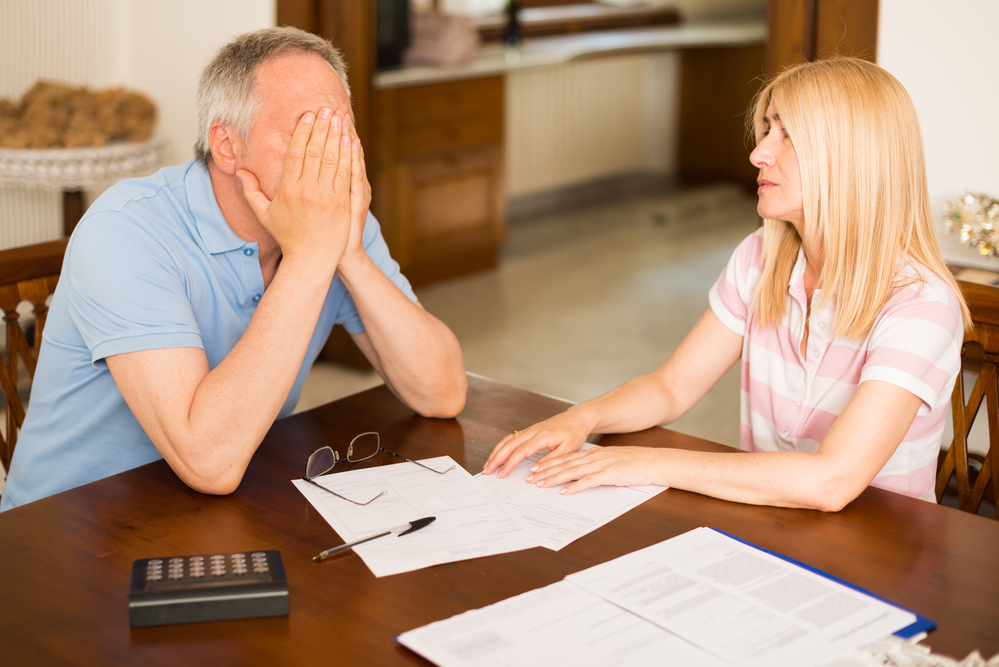Bankruptcies and IVAs: How to Manage Your Debt
If you’re struggling to make repayments on your credit card, mortgage, car loans and other sources of credit, be assured that you’re not alone.
According to the Insolvency Service (UK), personal insolvency levels in England and Wales are still on the increase. In 2018 they reached a total of 115,299 – a staggering 16.2% increase on 2017 and the highest in the seven years previous.
Of these, 14.4% declared bankruptcy, 61.6% used an IVA and 24.0% used a DRO to help them find a solution to their debt and they could help you too.
Despite what is often thought, debt problems aren’t just the result of overspending or a heavy reliance on credit cards.
Many individuals find that redundancy, divorce and unexpected expenses can leave them struggling to make ends meet. Sole traders or partnerships are also at risk of falling into debt, especially when the economy takes a downturn.
So, let’s take a look at some of the ways we can help you effectively manage your debt and get your life back on track again.
What is bankruptcy?
Bankruptcy is a legal process which writes off all your debts.
It’s a big step and will make it significantly harder for you to borrow money in the future and will also reduce your income and assets.
It’s only suitable if you can’t repay your debts within the timescale provided. With bankruptcy, any assets you hold such as your home will be used to pay off your debts.
What is an IVA (Individual Voluntary Arrangement)?
An individual voluntary agreement (IVA) allows you to pay off your debts at an affordable rate. It’s a legally binding agreement between you and your creditors.
If you stick to the terms of the agreement, some of your debt will be written off and you will get protection from creditors pursuing you.
IVAs make a good alternative to bankruptcy when you don’t want to lose your home, your assets or your job, and can also offer greater flexibility when it comes to repayment options.
What is a Debt Relief Order (DRO)?
Debt Relief Orders are another alternative to bankruptcy which allows you to write off your debt if you owe less than £20,000 and own few assets.
It freezes interest and your repayments for twelve months during which time your creditors can’t pursue you further. If your financial situation hasn’t changed by the end of this time, your debt will be completely written off.
Although you don’t need to appear in court for a DRO, it will appear on your credit report and affect your ability to borrow in the future.
How Murria Solicitors can help
If you’re struggling with debt and looking for a solution, turn to our team of friendly and experienced insolvency experts experience in all aspects of insolvency and we can advise both individuals and companies.
We offer non-judgemental and friendly legal advice and support that can help you protect your interests whilst finding the right solution for you.
Call 0333 800 0033 or contact us here for more help.


